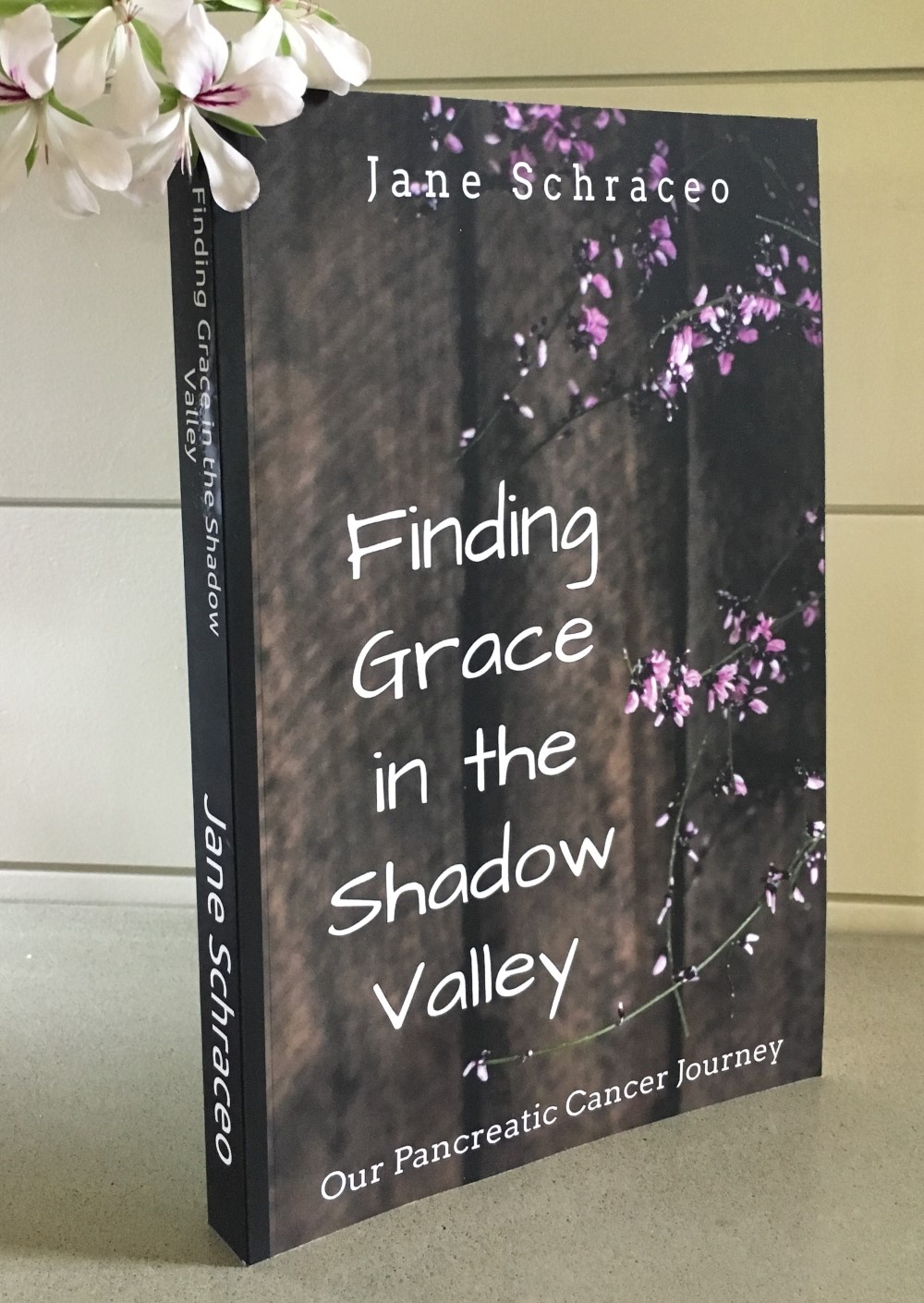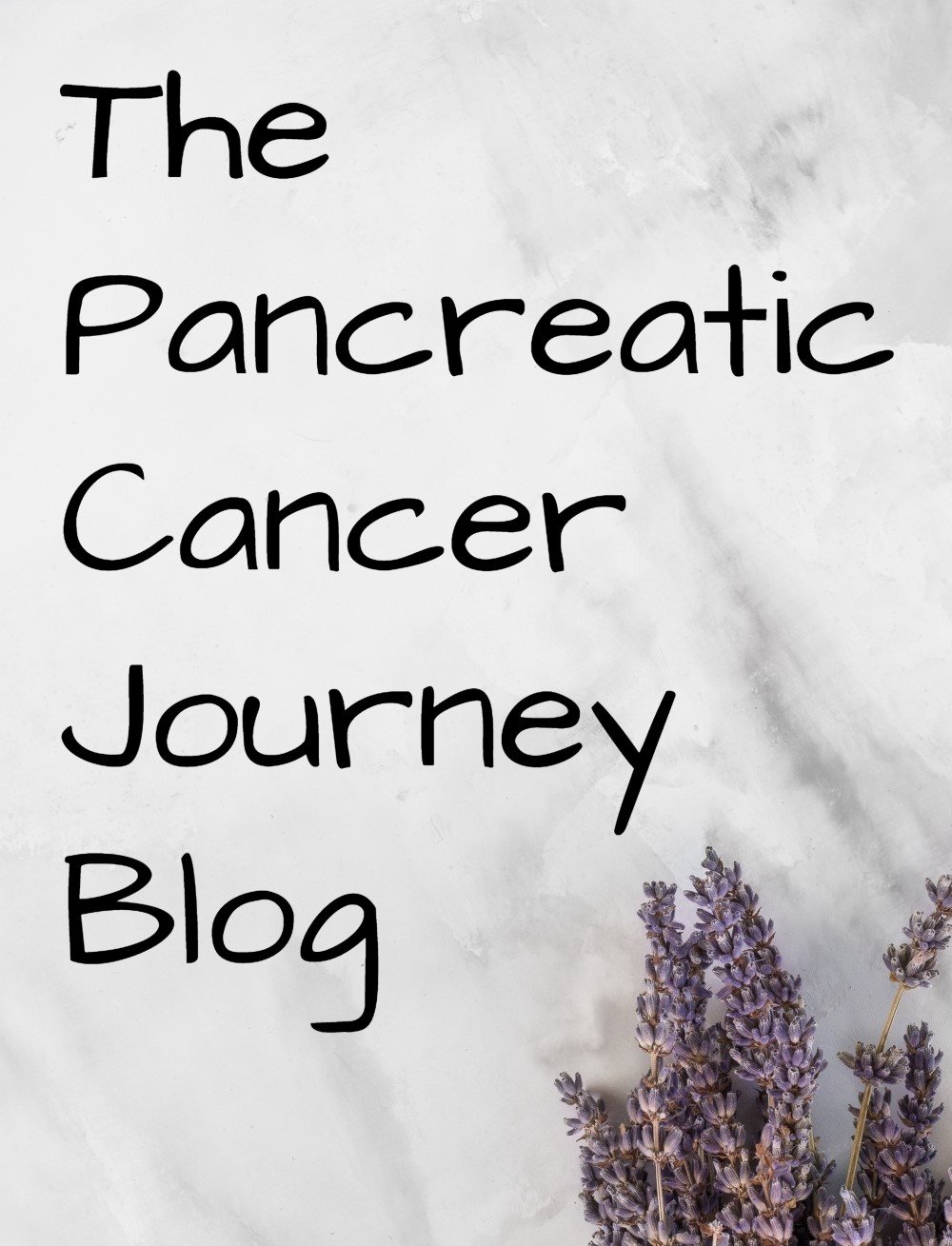How to Deal with Grief...
From Someone who Doesn't
Have All the Answers
Learning how to deal with grief has now become part of our life journey. We have struggled long with the anticipatory grief of mom’s cancer. I thought maybe we would somehow be prepared for the grief of her loss.
I would be laughing now, if I wasn’t crying.
Truly nothing can prepare you for the harsh reality of such deep loss. Nor can anyone really tell you how to survive this kind of heart-rending grief.
So many, many books have been written on the subject of how to cope with grief. I certainly can’t add to the depth of knowledge you will find there. But I can share our personal walk, our experience as we have labored to find ways to deal with grief and find hope again.
What you read here is by no means a comprehensive study on surviving grief. These are simply my ramblings as we journey down this road. Our goal, one that mom charged us with before she passed away, is to find a way to move beyond the grief and live full, purposeful lives. She fought hard to prepare us the best way she knew, and in so doing opened the doors to hope.
First of all, I am coming to believe that one of the reasons that grieving is so difficult is because our culture doesn’t “teach” about death, dying and grief. We aren't taught how to deal with grief. Death is removed from us. Our loved ones die in hospitals and nursing homes. Funeral homes handle all the details. We keep death at an arm’s length. Nothing prepared me for seeing death up close and personal.
I was 51 years old when I sat by mom’s bedside and watched her slip away. Her death was the very first one I had ever personally experienced. Of course I had been to funerals of other loved ones, but never had I walked this road personally. I had no experience to pull from, no template to work with. And the funny thing is, everyone, if they live long enough, will experience the death of a loved one. Everyone. So why don’t we talk about it? We teach the golden rule, we teach redemption at the cross, we teach right from wrong, but we are failing to give a roadmap for navigating the death of a loved one, a way to walk through the grief. It seems that almost no one wants to talk about how to deal with grief.
And so, there we are, filled with emotions and pain and grief, and we are at a loss on how to survive it… And we don’t even know who or what to ask. Kind of a grief paralysis.
Slowly, we have begun maneuvering through the minefield, and we are figuring out how to deal with grief. These are some of the things we’ve learned, and are still learning. Perhaps you’ve experienced a similar walk through this valley. Your roadmap may look different than ours, and that is actually the very first lesson we’ve learned:
1) Not everyone grieves the same. Not even in the same family. My brothers and I have all experienced our own pangs of loss. For the same mother. The grief pours from the very different relationships we had with her. We all loved her completely, but our own unique personalities direct how we handle the grief process.
2) Grief comes in waves. It cannot be scheduled. Sometimes there is a trigger, such as a birthday, favorite song on the radio, a fragrance that was hers alone. And sometimes there is no trigger, just uncontrollable tears and a gut deep pain. In the beginning, we felt the grief as a storm of hurricane proportions. As the days have melted into weeks and now months, the grief has ebbed and flowed, gradually slowing into the gentle waves of sadness and more often than not, followed by sweet memories of times with mom. This is the unpredictable pattern of grief. It can swamp when least expected, but also can let go of the heart and allow hope of better days to lift us up.
3) There is no time table for grief. Many have heard of the 5 stages of grief, presented by Dr. Elisabeth Kubler-Ross. Her ground-breaking work has helped so many learn how to deal with grief. The stages are denial, anger, bargaining, depression, and acceptance. Outlining these stages somehow makes us think that grief will follow a natural progression and finally be over. That is so not true. And even Dr. Kubler-Ross has expressed her opinion that these stages are just a model. We may sometimes skim through one only to get stuck in another stage or even loop back. There is no time table for grief. Nor should you set yourself up for unrealistic expectations. Often friends and family think we should done with the grieving, long before we are. We have learned that we all walk this valley at our own pace. And that is so okay.
4) Find a grief support group, or counselor or even just a one-time grief seminar. I know, when we’re mired down in the depth of our grief, we can’t imagine going out and meeting others who are hurting just as badly as we are. What good can come out of that? A lot of good. Yes, you may cry and yes, you may experience a welling up of renewed grief. But you will also likely experience a sense of hope, an ability to share openly with people who understand or at the very least you will find that you are not alone. Much of what we have experienced, both through visiting with a grief counselor and attending grief seminars has resonated deeply with us and given us the resources to keep fighting up and out of the grief to a place where life continues. It will never be the same, but it will continue and it will be good.
5) Grief can cause physical illness. We have all reacted very physically to the intense grief. From fatigue, to headaches (from the infernal and uncontrollable crying) to nervous activity, to stomach pain. The stomach pain actually prompted my dad to head to the doctor just a month after mom’s passing. He was so fearful that it was something serious. The doctor reassured him it was probably the stress. He gave him some prescription antacids and within days, dad was feeling better. But, nevertheless, the emotional toll of grief certainly affects our physical bodies. Dad’s doctor encouraged him that during this time of grieving it was more important than ever to go back to foundational basics: Good diet, exercise and rest. Good advice for all of us.
6) Guilt. It’s there, whether we admit it or not. Anyone who has gone through pancreatic cancer with a loved one will feel it. Did we do enough? Should we have gotten that second opinion? I wasn’t there for her/him. I should have noticed the fever. Did we call hospice soon enough?
The recriminations can go on and on. What I have learned about guilt is that it can’t solve a thing. Mom would come back and give us a piece of her mind if she could. And she would say “Don’t beat yourself up second guessing what you did and what you didn’t do. You did more than I ever expected. We have no control over life or death when facing pancreatic cancer. It is what it is. I felt your love in a million ways, so let the guilt go and remember me with a smile.” That would be mom’s response to our moments of self-pity and guilt.
The guilt is tied closely with the grief. When we can learn to start letting the guilt go, the grief will lose its bitter hold over us. Some days I have to consciously choose to hear mom’s voice over the guilt, it’s a work in progress.
7) And that’s my final point. Learning how to deal with grief is definitely a work in progress. We are not “there” yet. I don’t think the grief really ever goes away, but the pain of it becomes less and less. It becomes a part of you, just like the scar I have on my hand. I see the pale line and know and remember the pain, it is a part of me, but the scar no longer stops me from living like it did when it was fresh.
I know that society would just like to wrap up grief, nice and neat, but that’s just not happening. Some of your close friends may avoid you because of grief. You have just experienced their worst nightmare and they don’t know what to say, nor do they want to wade into the battlefield. Grief is messy, it’s ugly, it has been the hardest thing I’ve ever walked through in my life.
In learning how to deal with grief I have come to the conclusion that our goal is not to “get over it,” but to learn how to manage our lives with it. I never want to forget the deep and abiding love we all shared with mom. In that remembrance the grief has a place, for we miss her every day. But there is the beginning of a hope on the other side of loss. She would be saddened beyond belief if we got stuck in the abyss of grief. She found great satisfaction in our accomplishments and pushed us always to live life well.
We can do no less than move forward and carry on her legacy.
Return to End of Life Issues from How to Deal with Grief
Return to Home Page for the Pancreatic Cancer Journey
Copyright © PancreaticCancerJourney.com
Nothing on this website should be construed
to constitute medical advice.




